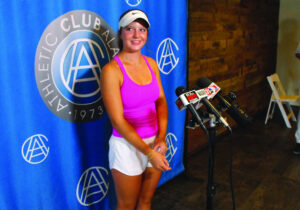New science textbooks under study
For the 2016-2017 school year, Madison students will have access to new science textbooks, like these students in science lab who are dissecting a pig. CONTRIBUTED
MADISON – For the first time in about 10 years, students in Madison City Schools will have new textbooks for science classes.
A diverse panel of local parents, teachers and education specialists across all schools and grades in the Madison district soon will begin the process of selecting science textbooks for the 2016-2017 school year.
Madison Board of Education approved members for the Elementary Textbook Adoption Committee and the Secondary Textbook Adoption Committee at its meeting on Dec. 17.
The elementary panel has 33 members, while the secondary group will have 24 individuals perusing science options. “The last adoption of science textbooks for Madison City Schools was during the 2006-2007 school year,” John Peck said. Peck works as Public Relations Manager for Madison City Schools.
“The committees have wide latitude to adopt textbooks and other programs, such as online or ‘e-resources’ that meet new state science standards of the Alabama State Department of Education,” Peck said. The committees will place “adoption samples” on public display on every Madison campus to show options that they are considering for classroom use.
“The new science standards are heavier in concepts that are easier understood through hands-on learning,” Peck said. “The committees are likely to look beyond traditional textbooks for options that include interactive teaching resources.” The committee members will consider material “that is layered and can change more quickly to the ever-changing world of science.”
Administrators have asked Madison science teachers to report any e-resources, which are free or with pay-for options, that they find effective and also meet the Alabama state standards for the curriculum. Both the elementary and secondary adoption committees will issue their recommendations by late spring in 2016.
To identify candidates for the textbook adoption committees, teachers, PTA members and parents at each Madison school gave their recommendations to principals. “They include representatives from the English Language Learners and special education programs as well,” Peck said.
















